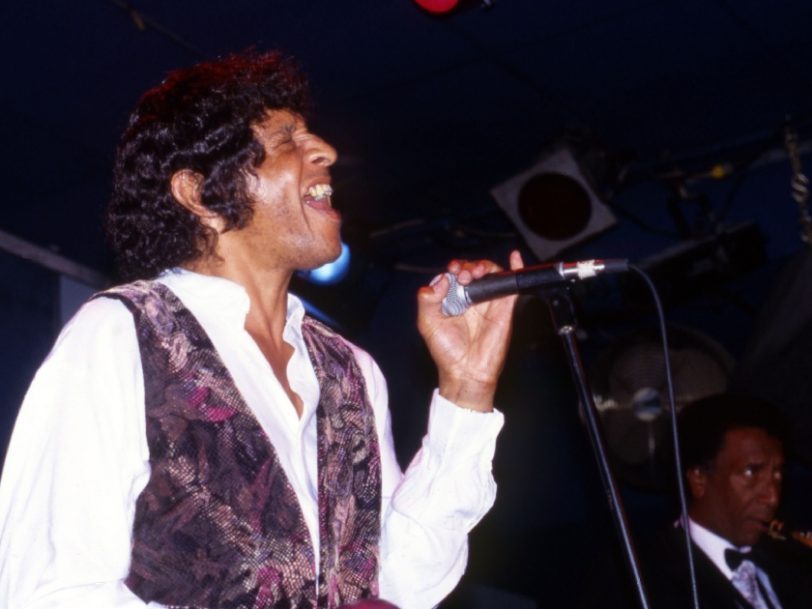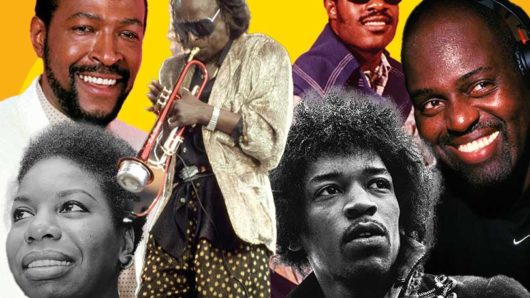Arthur Lee was the lead singer and guitarist for Love, a truly pioneering 60s psychedelic band who were the first rock group to sign to Elektra Records, the iconic record label set up by Jac Holzman. Music was in the blood of Lee, a man born Arthur Porter Taylor in Memphis, Tennessee, on 7 March 1945. His father, Chester Lee, was a trumpet player, and the young Lee took up the accordion, piano and organ before moving on to the guitar. “I never had lessons,” Lee told Jools Holland in 2003. “I created it all myself.” The best Arthur Lee and Love songs helped define music in the late 60s, and Lee later said: “I was the first so-called black hippie, maybe the first hippie.” The band’s third album, Forever Changes, inspired countless musicians, including Jim Morrison and Robert Plant.
Though Lee’s later life was full of troubles – he survived drug addiction problems and spent time in prison for firearm offences – his death from leukaemia, on 3 August 2006, prompted an outpouring of tributes from music fans around the world. To celebrate this rock innovator, we pick his ten best songs.
Listen to the best of Love here, and check out our ten best Arthur Lee and Love songs, below.
10: My Little Red Book (from ‘Love’, 1966)
After disbanding a group called Grass Roots, Lee formed a new band, Love, in 1966. In a 2002 interview with Mojo, he explained the choice of name: “Everybody is Love, that’s the way I feel about it. I’m part of everybody. Everybody is Love. It’s a great name.” The first single from their 1966 self-titled debut album was a cover of the Burt Bacharach-Hal David composition Little Red Book, which provided a minor hit for a band who were already the toast of Los Angeles after playing sell-out concerts at the famous Whisky A Go Go club. Love were always quintessentially Hollywood.




